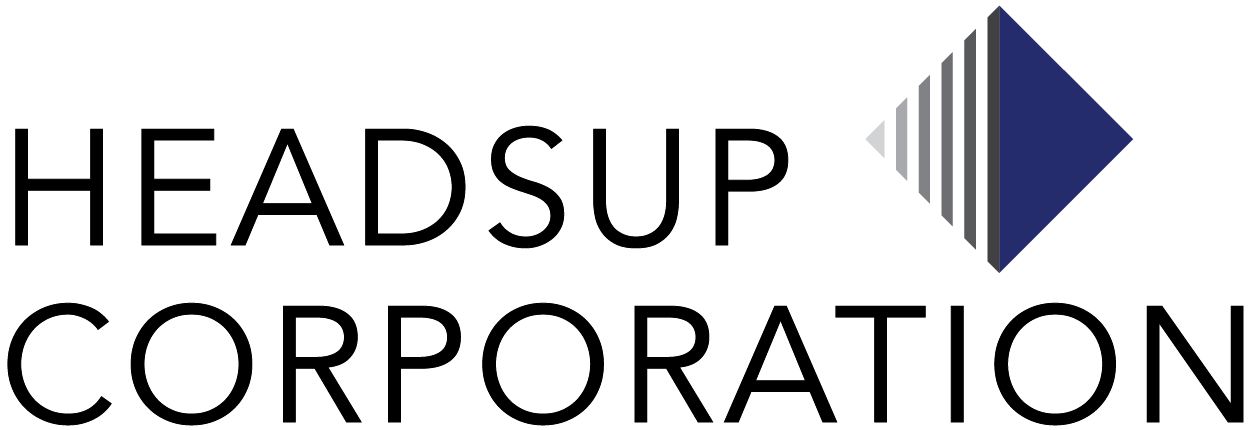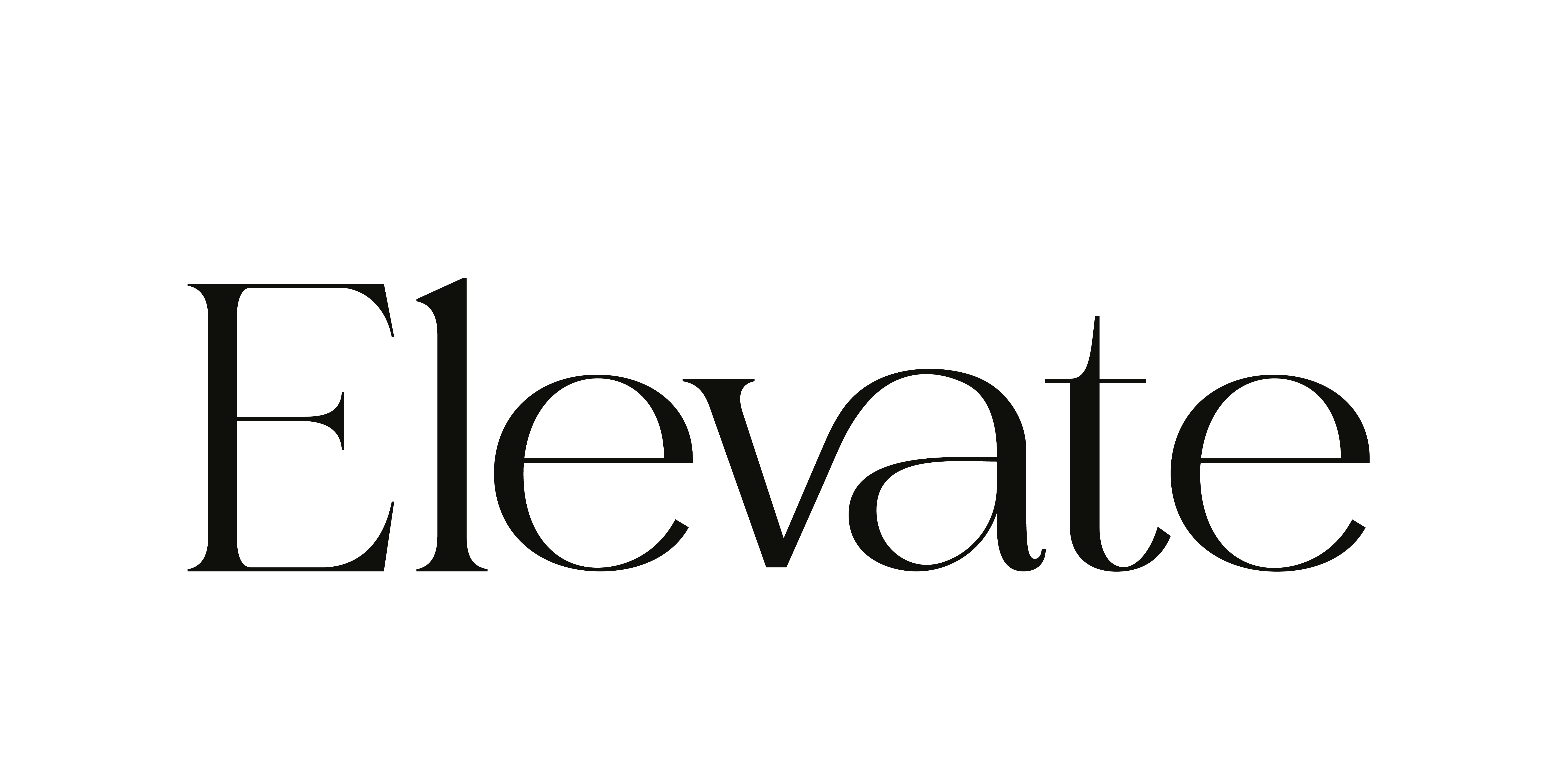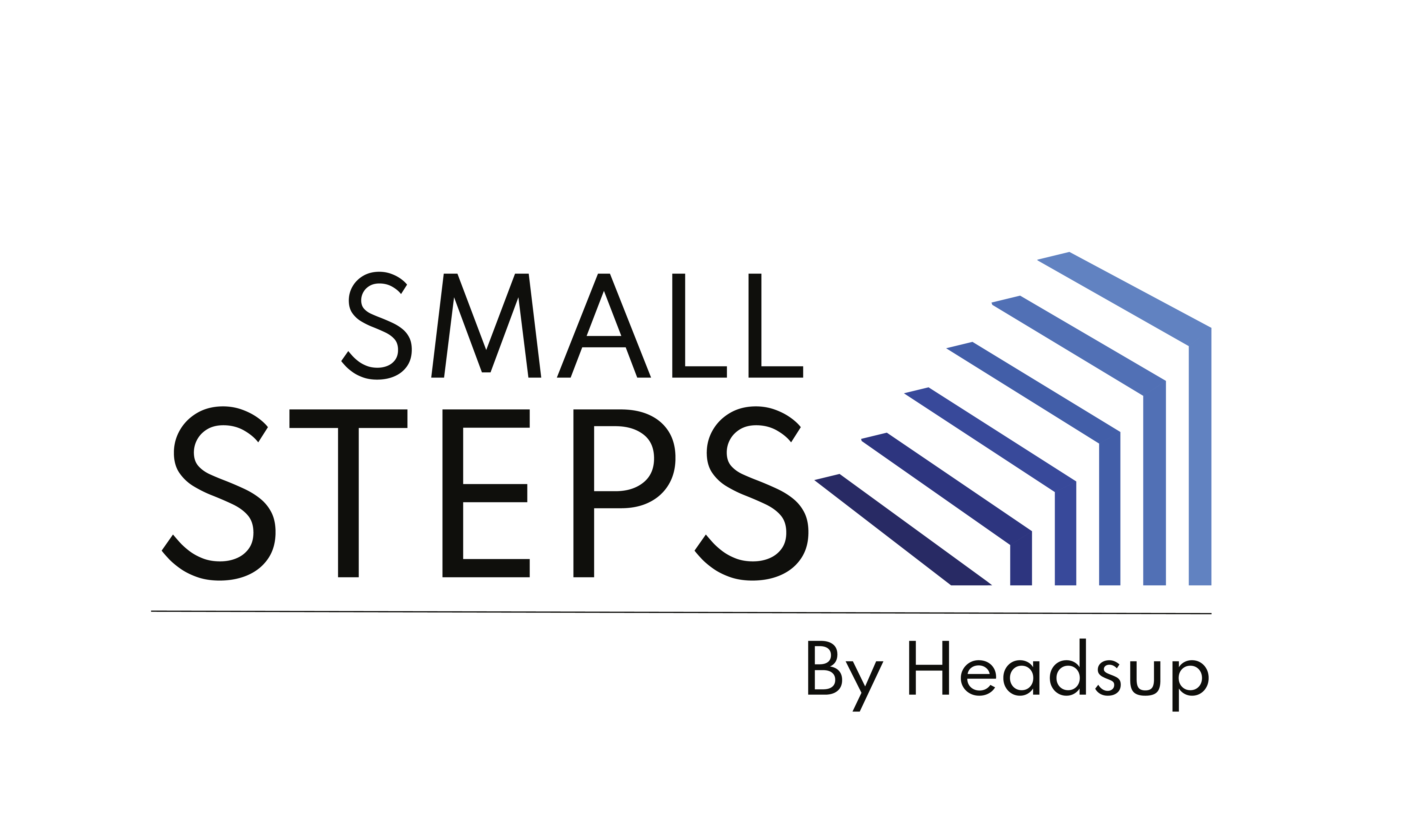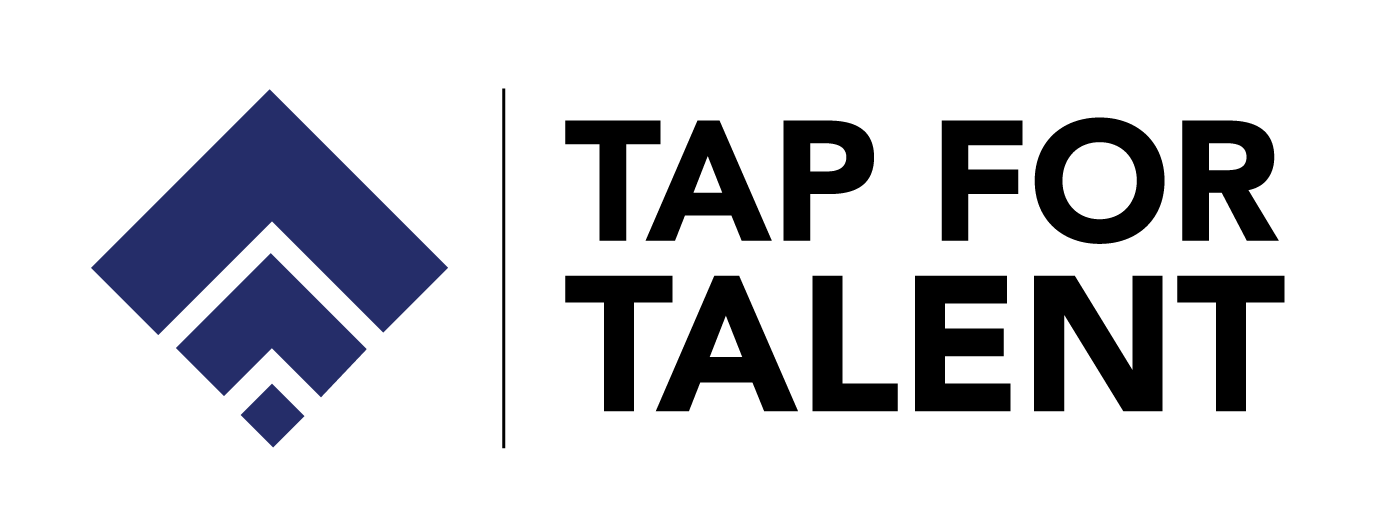Millennials are the workforce of the future. They are the most likely generation to change jobs. While some may attribute this to the fact that millennials are restless and always on the lookout for something new, we know it has everything to do with culture. This goes above and beyond the standard benefits of unrestricted paid time off and top-notch vending machines. In contrast to what others think, millennials are eager to put in the effort to feel valued.
5 Ways to Keep Millennials Engaged at Work
High millennial turnover can be very expensive for organizations as an average millennial employee costs a lot of money to replace. Take a look at these five practical methods for retaining millennial employees.

1. Create A Personalized Development Strategy According to an Individual’s Needs
While working for any organization, millennials seek conscious training, feedback, and a route map of what their future looks like outside of the office. Mentorship programs come in handy in situations like these.
Start by matching each employee with a senior colleague who shares their goals. The key to success is establishing a mutually beneficial relationship between the two people involved. It’s important for a senior manager to get to know a millennial employee and understand their career and personal aspirations.
2. Keep to a Communication Strategy That Works For You and Commit to it
Telephone calls and lengthy meetings in person are a thing of the past. The time has come for companies to look at new methods of communication. Even though email is the primary method of communication at most organizations, it is recommended to check out Slack or Basecamp as alternatives.
3. Build a Flat Organization
In flat organizations, authority is decentralized, yet leadership and vision are not lost. Millennials have a strong drive to be leaders and adapt to new situations. Flat organizations or inverted triangles are the best models for a company’s structure. As a result, the structure of the organization is less obvious, making it easier for people to reach the top. Millennials dislike having to go through multiple management leaders to get answers, instead, they prefer to go directly to the source. Consider a radical reorganization of the structure or appointing more than one person as a department head.
4. Don’t Bring Your Ego Along
Working ethics are constantly evolving in the workplace. While some say millennials have a laid-back attitude, others suggest generations of yesteryear had a more orthodox approach. But is this actually the case? The answer is No. False preconceptions must be dispelled in order to provide equal opportunity for all employees. It is imperative that the company’s various generations work together to accomplish its goals and propel it to the next level. This entails putting one’s ego at the curb. Think of the fact that everyone may bring something to the table, and that all viewpoints should be taken into account when making decisions.
5. Train While Providing 360-Degree Feedback
It is vital to provide constructive criticism in real-time. For a company to be successful, it is imperative that it educates its employees and offers regular opportunities for 360 feedback. In addition to allowing the employee to engage in their own self-evaluation, you can collect input from colleagues, clients, and supervisors. Once the employee has received feedback, it’s critical to identify specific areas for improvement and set a date for the next round of feedback.
Wrapping Up
A company’s future depends on its ability to adapt to the needs of the millennial workforce. To retain these employees, there’s no need to provide endless paid time off or all-inclusive holidays. Implement these strategies and empower your employees to get the job done!








